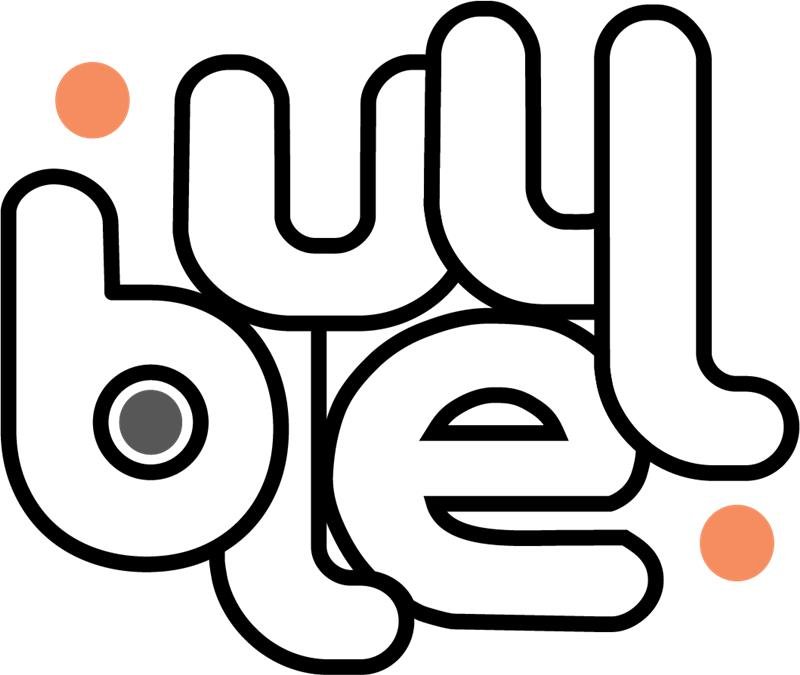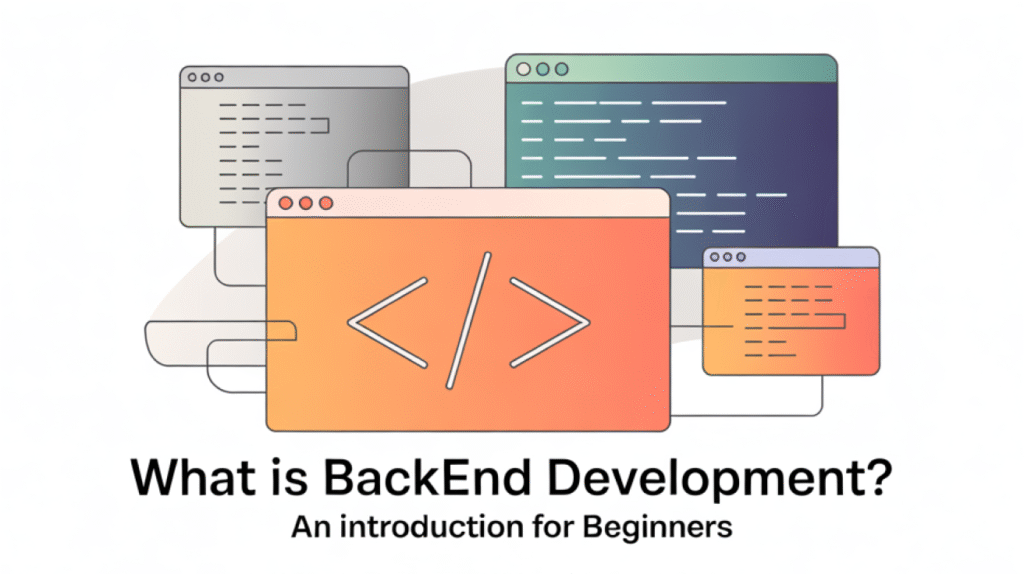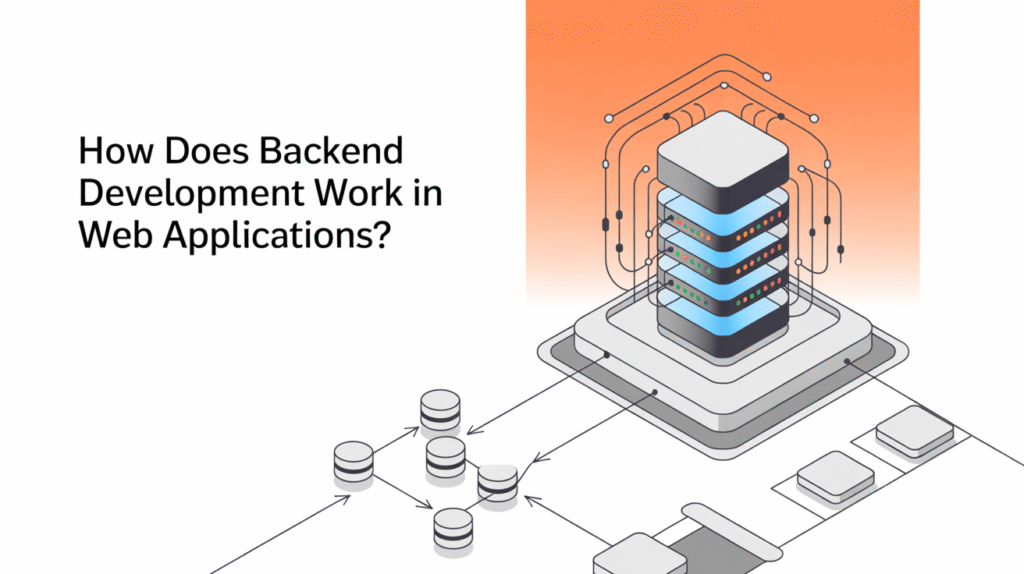- Bluell
- Blog
- Android
Do I really need custom CRM software? Here's how to decide
- Development
- 9 min Read
- 19 May 2025
In today’s market landscape, it is becoming very important for companies to maintain relationships with their customers for their business to be successful. CRM software helps companies manage their level of interactions with potential customers. It also helps in keeping track of sales and customer relationships.
But not all CRM systems are created equal. There are also off-the-shelf options on the market, but they may not always align with your business needs and processes due to their limited features and functionality. This has created a need for business owners and managers to move to a custom-built CRM.
CRM is not just software, it is the backbone of how you manage relationships and keep your team on the same page. In this article, we will discuss when it makes sense to build something custom. We will help you make a smart choice.
Custom CRM vs. Standard: What's the Difference?
Standard CRM is a ready-made tool that is already available and provides some basic CRM features. These features help you manage your contacts, track sales, automate workflows, and create reports. These systems are built for general use.
Custom CRM, on the other hand, is built from the ground up. It matches your specific workflows, team structure, and business goals. It can also integrate directly with your right tools and automate tasks specific to your business.
Here’s a quick comparison:
| Features | CRM off the shelf | Custom CRM |
| Time for implementation | Quick installation | Longer (design + development) |
| Initial cost | Lower | Higher |
| Customization | Limited | Fully customizable |
| Suitable for complex workflows | Often requires solutions | Built to match exact needs |
| Integration with other tools | Sometimes limited | Customized integrations |
| Scalability | May be limited by supplier | Scalable based on business growth |
| Ownership | Owned by a supplier | Owned entirely by your company |
| Running costs | Subscription-based | Maintenance and updates |
| Support and updates | Provided by the supplier | Requires an internal/external development team |
When does it make sense to invest in custom CRM software?
Choosing custom CRM software isn’t always the right move, but in the right context, it can dramatically improve your business and save you money in the long run. Here are the most common signs that a custom CRM might be worth the investment:
You have specialized workflows
If your team uses a unique sales process, complex onboarding, or approval chains that don’t fit into standard CRM structures, custom software can automate and streamline exactly how you work.
You are using too many disconnected tools
Are your salespeople jumping between five apps to get through a customer interaction? A custom CRM can consolidate these tools and centralize data, saving time and reducing errors.
Your industry has specific compliance needs
Bringing your app idea to life starts with prototyping. This phase helps you visualize your concept and test user interactions:
- Create wireframes and mockups
- Design a user interface that fits the app’s purpose
- Consider user experience (UX) principles in your design
- Test different design iterations with potential users
- Balancing aesthetics with functionality
A well-designed prototype can help you attract investors, collect user feedback, and refine your app idea before full-scale development.
Your current CRM is holding you back
Maybe your out-of-the-box CRM can’t integrate with your ERP. Or it can’t handle your lead volume. Or it’s so bloated with unused features that your team avoids using it. That’s a red flag.
You scale quickly
As your business grows rapidly, you need systems that grow with you. A custom CRM can be designed to grow with you. It can add features, users, and automation without creating problems.
5 Important Questions to Ask Before Going Custom
If you’re choosing a custom CRM, here are five important questions that can help clarify your decision:
What specific issues are we trying to address?
Start by identifying your current pain points. Are you losing leads? Is it difficult to access data? Is your team wasting time on manual input? If you can clearly articulate the problems, you can better assess whether custom development will solve them effectively.
Do we need features that standard tools can’t offer?
Sometimes you just need a simpler or clearer version of what’s already available. Other times your needs may be different. You may need a custom sales funnel or dashboards that track information across multiple countries or brands. Be honest about where the gaps are.
What is our budget, not just for building, but for maintaining the CRM?
Custom CRMs come with long-term responsibilities: hosting, security updates, and feature enhancements. But make sure you’re ready for that commitment.
Who will use the CRM and what are their specific needs?
Involve the people who will use it every day, such as salespeople, marketers, and customer success, each of whom will have different requirements. A successful CRM matches the realities of the people who use it.
Are we trying to solve a workflow problem with technology?
Sometimes companies think a new tool will solve everything. But if your process is broken or unclear, a custom CRM will just automate the chaos. Fix the workflow first, then build software around it.
How Bluell helps you build the right CRM for your workflow
At Bluell, we approach CRM development a little differently. We create CRM tools by listening to your requirements and then working with you to create a tool that helps your team work better.
Here’s how we do it:
Step 1: Deep Discovery
We begin by listening carefully and understanding your business model, goals, and daily operations. We map your workflows using workshops and stakeholder interviews to identify pain points and document your project needs.
Step 2: User Experience Focused Design
We design user-friendly interfaces that are tailored to your team’s habits. Whether it’s a mobile dashboard for field reps or a custom reporting engine for managers, everything is designed to feel intuitive and familiar.
Step 3: Modular Development
Using agile methodologies, our team develops your CRM in phases. We start by building core functionality and then expand over time. This is beneficial for reducing initial costs, shortening delivery time, and allowing you to scale with your business growth.
Step 4: Integration and Automation
We connect your CRM to other platforms, such as email, calendar, ERP, accounting, and support tools, so that everything works in sync. We also build automation features to reduce manual work: lead assignments, alerts, reporting, and more.
Step 5: Ongoing Support
We stay after launch. From performance monitoring to new feature launches, our team ensures your CRM keeps pace with your needs as you grow.
Closing thoughts
Custom CRM software improves how you manage relationships, data, and performance. If your current tools seem restrictive or generic, a custom solution could be the upgrade your business needs.
Take the time to evaluate your current system. Identify what isn’t working and explore your future needs. And if you’re still unsure, let’s discuss it.
At Bluell, we create CRM systems that fit your workflow. Let us design something that actually works for you.
Table of contents
Frequently asked questions
Should I be worried about someone stealing my app idea?
While it’s rare for your app idea to be unique, it doesn’t necessarily have to be completely new to be successful. Focus on providing a unique value proposition or solving a problem better than existing solutions. Conduct thorough market research and competitor analysis to understand how your idea differs from or improves on what’s already available. Remember, even if there are similar apps out there, your unique approach, features, or target audience can set your app apart from the crowd.
How do I know if my app idea is truly unique?
While it’s natural to want to protect your ideas, the reality is that execution is far more important than the idea itself. However, there are steps you can take to protect your intellectual property:
- Use non-disclosure agreements (NDAs) when discussing your idea with potential partners or developers.
- For detailed records of your idea and development process.
- Consider applying for a patent if your app involves a completely new and non-obvious technological innovation.
- Focus on creating and launching your app quickly and efficiently, as being first to market can be a huge advantage.
How much money do I need to develop my app idea?
The cost of app development can vary greatly depending on how complex your app is, what platforms you’re developing for, and whether you hire a development team or build it yourself. Here’s a rough breakdown:
- Simple apps with basic functionality: $5,000 – $15,000
- Medium complexity apps: $15,000 – $70,000
- Complex, feature-rich apps: $70,000 – $300,000+
Keep in mind that these are just estimates. You can reduce costs by starting with an MVP (Minimum Viable Product) and adding features over time. Additionally, learning to code or using app building platforms can significantly reduce initial costs if you are willing to invest time instead of money.
Contact us
Book a call or fill out the form below and we will get back to you once we have processed your request.




